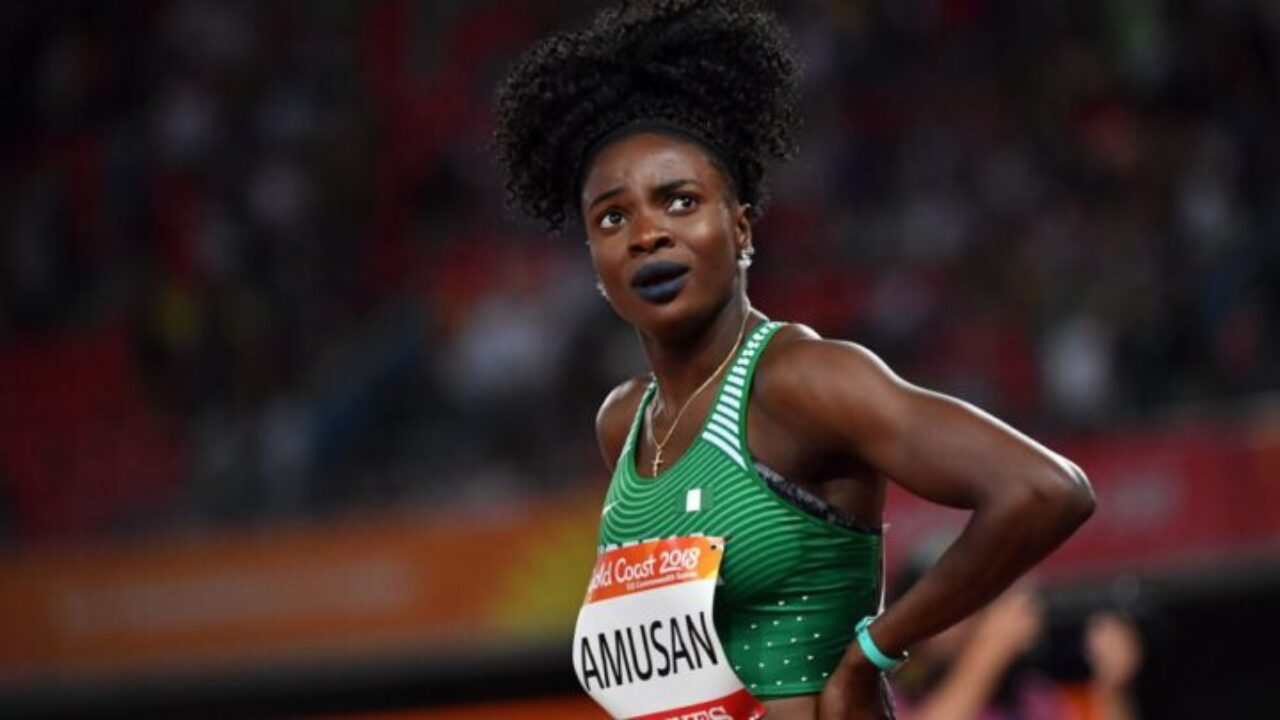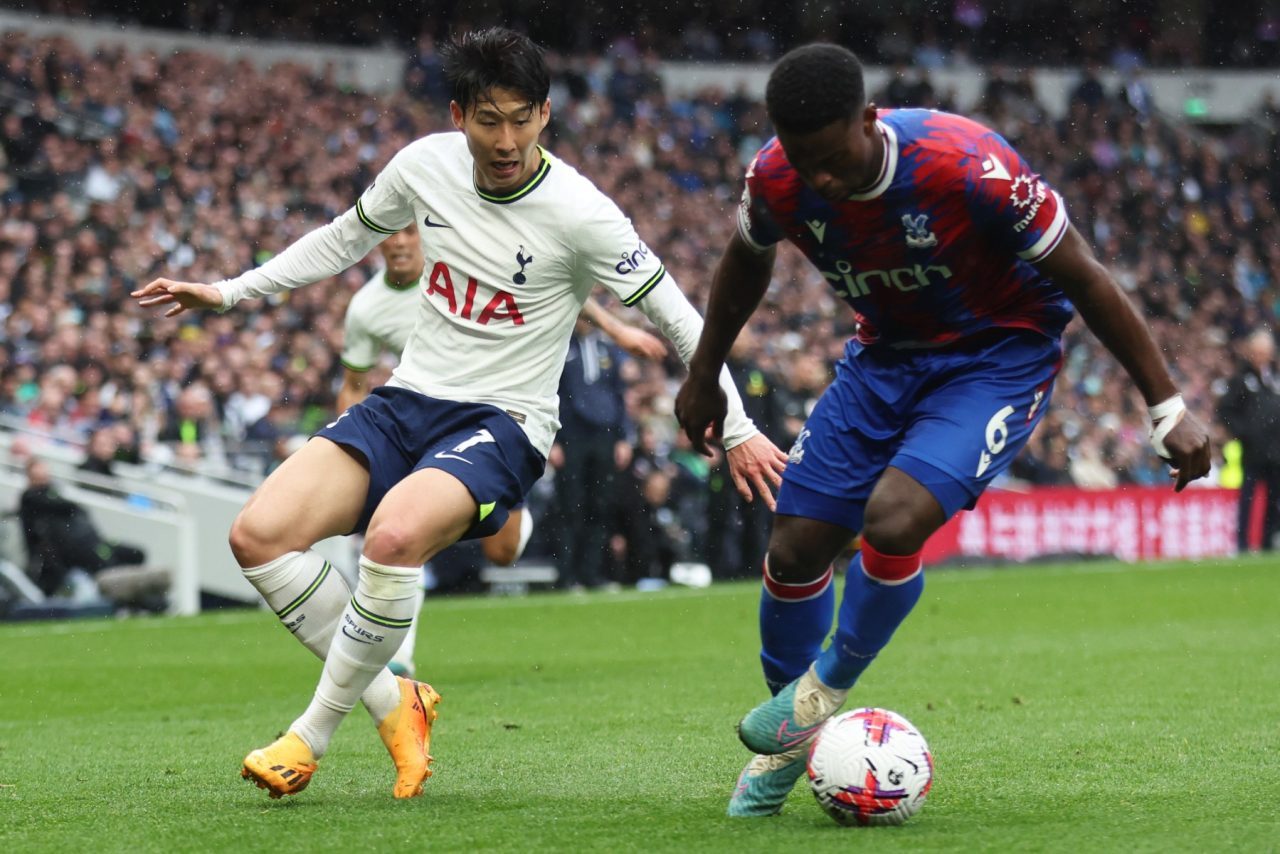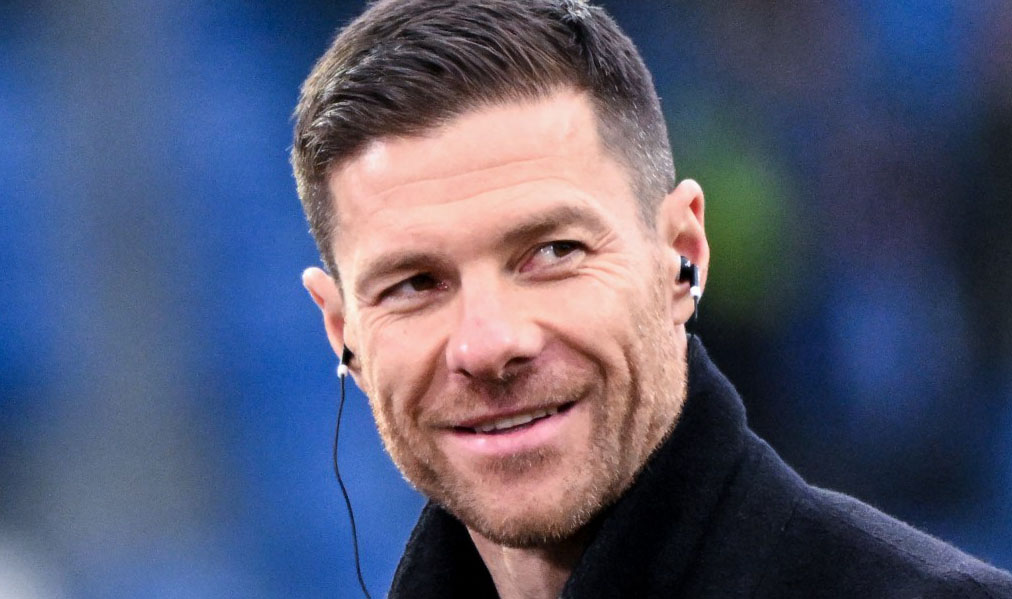The 2025 World Athletics Championships, which ended on Sunday in Tokyo, Japan, hinted at what to expect at the Los Angeles 2028 Olympics, as well as showcased progress made by African countries like Botswana, Kenya and South Africa, and the fate that awaits Nigeria’s podium prospects, GOWON AKPODONOR reports.
For many athletes, winning medals at major events like the Olympic Games, World Championships, and the Commonwealth Games is the fulfilment of long-held dreams shared with family and friends.
But for some others, being crowned world champions is fleeting, leading to questions about the deeper meaning of such achievements in the grand scheme of things.
In most cases, such victories often bring emotional whiplash that leads to deeper philosophical questions, especially when the pursuit itself is often more fulfilling than the attainment.
For instance, Botswana’s President, Duma Gideon Boko, declared a public holiday on September 29, the day before the country’s Independence, to celebrate their gold medal win in the men’s 4x400m relay at the just concluded 2025 World Athletics Championships in Tokyo.
The feat in Tokyo made the Southern African country the first African winner of the event. Celebrating with a public holiday has become a habit for Botswana, which also rolled out the red carpet when Letsile Tebogo won the 200 metres gold medal at the Paris 2024 Olympics.
The Tokyo 2025 World Athletics Championships ended with many records and historic finishes, as three countries made it to the podium for the first time.
Three African countries accounted for 10 gold medals in Tokyo. Sadly, Nigeria was not one of them. Unlike the Oregon 2022 edition, where Nigerians celebrated a gold and a silver medal through Tobi Amusan and Ese Brume, only one medal came from Tokyo, a silver by Amusan in the women’s 100m hurdles.
But for her personal effort, Nigeria would have returned home empty-handed the same way the country did at two previous editions of the World Championships held on Japanese soil- Tokyo ‘91 and Osaka 2007.
Nigeria once dominated athletics in Africa and, to an extent, the world, when athletes like Mary Onyali, Falilat Ogunkoya-Osheku, Chioma Ajunwa, Yusuf Alli, the late Sunday Bada, the Ezinwa brothers, Davidson and Osmond, Deji Aliu, Innocent Egbunike, Gloria Alozie, Olabisi Afolabi, Christy Opara-Thompson, and Olusoji Fasuba held sway.
When they eventually bowed out, the next generation of athletes, including Blessing Okagbare and Divine Oduduru, found it difficult to continue in the winning tradition.
However, there came a moment of respite when some young Nigerian athletes demonstrated their capacity and commitment to return the country to its glorious days in African and world athletics, with the duo of Tobi Amusan and Ese Brume leading the charge.
Others like Ezekiel Nathaniel, Chukwuebuka Enekwechi, Rosemary Chukwuma, Enoch Adegoke, Udodi Onwuzurike, Raymond Ekevwo, Alaba Akintola, Favour Ashe, Chinecherem Nnamdi, Godson Brume, Favour Ofili and Dubem Amene came with impressive times and marks to trigger the infectious optimism.
Ofili has since jumped ship, dumping Nigeria to now compete for Turkey. The rest of the emerging talents have been trying their best, but only a few of them have shown the potential to become medal winners at the 2028 Olympics, which is less than three years away.
In the last two Olympic Games, the country’s hope of winning any shade of medal rested on Amusan and Brume, with optimists hoping that any of the relay teams would chip in a medal or two.
But Tokyo 2025 showed that the country needs some of its younger athletes to start showing up on the biggest stage, as age seems to be catching up with current reliables.
In Tokyo, Amusan admitted that she has been carrying the whole nation on her back, with the immense expectations sometimes putting so much pressure on her.
“I put the whole country on my back,” she said, describing the pressure and eventual relief of getting a medal. Ezekiel Nathaniel emerged as another bright star, as he broke the national 400m hurdles record, running 47.11 seconds. He sadly finished fourth and missed the bronze by the slimmest margin.
Nathaniel’s performance was historic. No Nigerian has come close to the 400m hurdles podium at the World Championships in decades, signalling a promising new chapter in the discipline.
Field events also brought some pride, with shot put specialist, Chukwuebuka Enekwechi, recording a season’s best throw of 21.52 metres to end his campaign in the fifth position.
Also showing signs of progress was sprint hopeful, Kanyinsola Ajayi, who reached the men’s 100m final. Clocking 10.00 seconds, he finished sixth, becoming Nigeria’s first finalist in that event since 2007.
Ajayi’s performance broke an 18-year drought, showing that Nigerian men can still contend among sprinting’s global elite. Nigeria’s team to Tokyo featured 15 athletes, seven women and eight men. This was notably smaller than the 27-athlete team dispatched to Budapest two years earlier.
The reduction in squad size was partly due to qualification challenges and administrative shortcomings, as Nigeria, for the first time in the history of the World Championships, failed to qualify for any of the relay events. Historically, relays have been a dependable medal avenue for Nigeria.
With the morning showing how the day would look, stakeholders say that the country’s performance in Tokyo showed that the country may return from Los Angeles without a medal, as was the case at Paris 2024.
They insist that the Athletics Federation of Nigeria’s (AFN) inability to get any of the relay teams to Japan was a sign that the same fate could befall the country if appropriate authorities fail to ensure that the teams get their acts together in the relay competitions leading to Los Angeles 2028.
Nigeria’s current men’s 4x400m team, boasting three sub-45-second runners and a 45.1 athlete, according to these stakeholders, could have easily surpassed Zambia’s 2:59.16 in the final qualifying spot if the AFN were intentional in its handling of the qualifying process.
Similarly, the men’s 4x100m team had a deep pool to draw from, including Kanyinsola Ajayi (9.92 SB), Israel Okon (10.07SB at the time), Adekalu Fakorede (10.11 SB at the time), and Udodi Onwuzurike, the 2021 World U-20 200m champion.
On the women’s side, sprinters like Rosemary Chukwuma (11.03 SB), Tima Godbless (10.91 SB), Olayinka Olajide (11.15 SB), and Kelly Ufodiama (11.15 SB), who switched allegiance to Nigeria earlier this year, were all available. Even Tobi Amusan could have bolstered the team, but the absence of strategic planning and technical foresight left the AFN at sea.
World Athletics usually allocates 16 slots for each relay event (men’s and women’s 4x100m, men’s and women’s 4x400m, and the mixed 4x400m). These slots are filled with automatic qualifications via major championships.
The top eight relay teams from the previous World Athletics Relays (a biennial competition) automatically qualify for the World Championships and Olympic Games.
Also, through world rankings and top performances, the remaining eight slots are filled based on the fastest performances recorded during the qualification window in World Athletics–sanctioned events.
To get the country on the right track for the Los Angeles Olympics, a former national record holder in the marathon, Abbas Mohammed, said the country must begin now to raise athletes who would be at their peak three years from now. He described as “unfortunate” Nigeria’s inability to qualify a single relay team for Tokyo 2025, saying: “I actually followed Team Nigeria’s build-up to the World Championships in Tokyo, and it was so sad the AFN couldn’t qualify a single relay team.”
He told The Guardian: “We all saw what happened in Tokyo, and how Tobi Amusan won the only medal for Nigeria. I commend Tobi for her effort, but at the same time, I expect the Federal Government to ask a few questions on why our relay teams couldn’t get tickets. We can’t just sit down and pretend that all is well with our athletics.
“The Federal Government should ask questions, and maybe that will be key in Nigeria’s preparation for the Los Angeles 2028 Olympic Games,” he stated.
For one of Nigeria’s foremost athletics writers, Ben Efe, the country has never been short of athletes and talents; it is a matter of discovering and grooming them for stardom.
“There is a pool of junior athletes already on the ground, but we must note that it takes at least five years to develop an Olympic athlete. From the grassroots, the athlete needs to be funded to meet basic needs, get the right coaching and conditioning, and then get training grants to enable them to travel to far-out places to get exposure,” he said.
Explaining South Africa’s recent successes in track and field, Efe said: “In South Africa, for instance, a potential medalist at the Olympics gets up to $50,000 grants to prepare with; Botswana does the same thing too. So, if Nigeria needs to get ahead, sporting authorities need to invest in their athletes and manage them effectively so that they can compete favourably with contemporaries from other countries.
“There are athletes like Justina Eyakpobeyan, Tima Godbless, Chioma Nweke, Anita Enaruna, Mariam Jegede, and Chigozie Nwankwo who are potential medallists in the women’s sprints. In the men’s sprints, Kayinsola Ajayi, Sunday Okon, Alaba Akintola, and Ashe Favour are still young and yet to reach their potential.
“In the 400m, Samuel Ogazi is up and coming, while in the women’s 400m, Ella Onojuvwehwo, Favour Onyah, Anita Enaruna and Jacinta Lawrence are girls to watch out for.
“In the long jump, Prestina Ochonogor is an athlete who needs to be followed up properly. She has been in the final of the women’s long jump at the Olympics. She is young, and the only way to go is up. The relays are always a drama; it is like a penalty shootout in football. It requires the team with the right focus to get the job done. And this can be achieved by practising baton exchange, athletes bonding and understanding each other’s chemistry.”
Efe said that Nigeria can do well if the athletes are programmed to compete in local and international meets with coaches who understand the athletes recruited to bring out the best in them.
To the former Director-General of the National Broadcasting Commission (NBC), Dr Danladi Bako, the Tokyo 2025 World Championships showed the extensive commitment required from athletes, who dedicate considerable time, energy, and financial resources to training, often with the aid of top coaches and advanced facilities.
He said that Nigeria could not do much at the championships because the country has failed to realise that winning medals at global championships requires investment in talent and facilities.
The fellow of the Nigerian Institute for Sports (NIS) said: “Many countries prioritise the training and welfare of their top athletes through grants, scholarships, and reward systems. Unfortunately, such support remains scarce in Nigeria, highlighting the challenges faced by developing nations, where education, health, and poverty often take precedence.”
He noted that investment in sports yields
unquantifiable benefits, pointing out that athletic success helps to elevate a nation’s global standing and reputation.
He cited the United States, which dominated sprints in the late 20th century, and Jamaica, known not only for its music but also for producing legendary sprinters. Most notably, he pointed to Botswana, a landlocked country with a smaller population than Lagos State, which achieved remarkable success by winning gold in the men’s 4×400 metres relay and securing additional medals at the Tokyo games.
Bako urged Nigerian authorities to adopt effective strategies for athletic success, including establishing a growth enhancement programme for young athletes identified from national competitions, hiring world-class coaches, and improving facilities. He underscored the importance of having enthusiastic and creative individuals in sports federations to turn Nigeria’s fortunes around.






